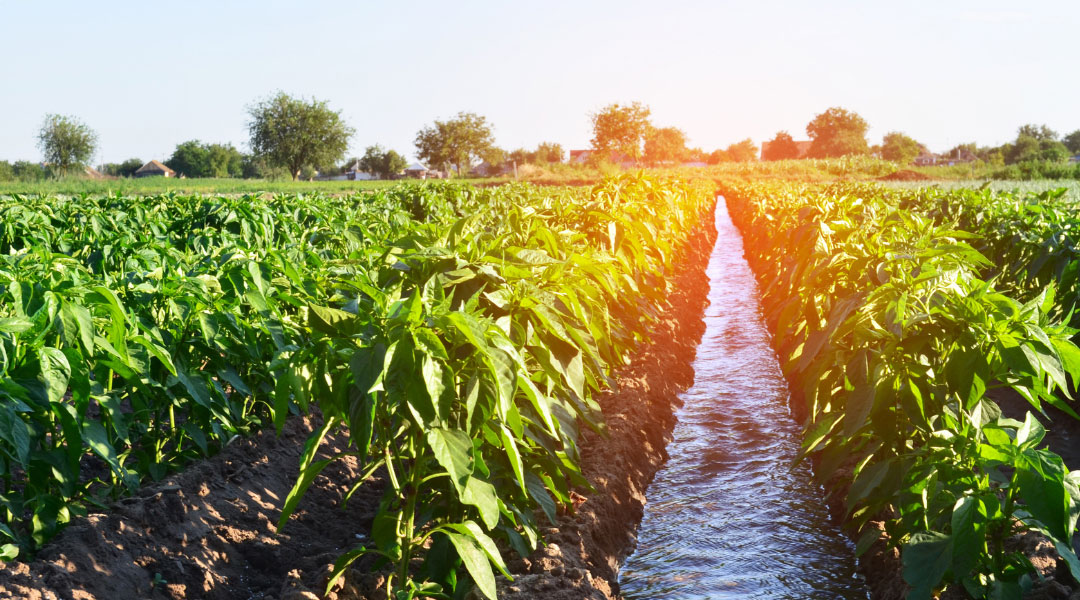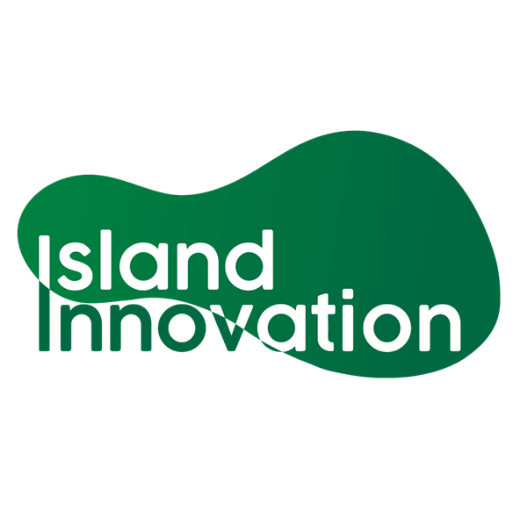Rising water and food scarcity across the world is highlighting the fragility of global systems. On islands, this scarcity is often exacerbated by imported goods and developing industries increasingly affected by climate change – so what can be done to build resilience in these key sectors?
As Wayout Water’s Founder Ulf Stenerhag outlined alongside Zachary Franklin, the Managing Director of the Falkland Islands Development Corporation, Luke Smith an Agriculture Professional & ICT Officer at WHYFARM and Karen Mapusua, Director, Land Resources Division, President, IFOAM Organics International, Pacific Community, the best way forward is by investing in and developing local water and agrifood systems.
Identifying Risks & Opportunities
The remoteness of islands and reliance on imported goods makes them very vulnerable to external shocks, especially in areas where there is little to no local agrifood industry. Outside of the need to identify, invest, implement and bring to scale these industries, the added pressure of climate change creates a more complex island landscape. Seawater incursion into local groundwater from rising sea levels, land and infrastructure degraded or destroyed by storms, changes in soil and crops due to altered rainfall and temperature patterns – these are just some of the variables island communities must take into account. It is no surprise then that adaptation to climate impacts is a key development goal for islanders in addition to building resilience in sectors that will ensure the continued functioning of the community.
“In principle, I think that you have to produce where you consume and obviously you have to do it in an eco-friendly manner,” notes Ulf Stenerhag, pointing to circularity as the benchmark for islands. Adding to the discussion, Zachary Franklin highlights how the Falkland Islands have worked on connectivity and logistics to ensure food and water security. However, as Karen Maupasa explains, the bedrock to a circular economy or resilient agrifood system is not just adequate infrastructure, but better governance. “I don’t actually think food scarcity is a problem globally. We produce enough food to feed the world. The problem is distribution and the problem is waste in that food system,” she continues, “We need to look at context and work with governance structures that are there.”
Corroborating Maupasa’s assessment that good governance will help promote and improve the opportunities available within the community, Luke Smith presents his case study from Trinidad & Tobago. “We deal with the aspect of education and awareness and we believe that future-proofing our systems starts with growing the nourishers from the ground up. We want to promote the importance of sustainable agriculture among youth and children by building their capacity in agricultural entrepreneurship and empower them to contribute to achieving global food and nutrition security by the year 2050.” As Smith and Maupasa both highlight, the best way forward to future-proof agri-food systems is innovative, collaborative governance and community engagement to ensure a bottom-up approach to resilience-building.
Building Local Knowledge
Technology, innovation, policy, governance, and global collaboration are all viable tools to deal with food and water security on islands – but involving local communities can have a much larger long-term impact. Taking a holistic approach, the importance of working with nature, promoting diversity in diets, incorporating culture and tradition, and involving youth in the future of food production and land stewardship was emphasized by the panel. Bringing the community into the fold can help further build resilience through initiatives to tackle climate change, pollution, and sustainable agriculture.
“There’s no magic ingredient or action or technology that’s gonna solve these really huge challenges. We need to work with the whole system,” expressed Maupasa.
This, in addition to a more innovative top-down approach to food and water security can create a more comprehensive plan of action for island communities, for example promoting urban agriculture and incentivizing sustainable practices in the commercial sector can help reduce reliance on imports and waste. “Cut the ties with the need of imported goods, rather than importing stuff, bring the technology to the islands, produce what you consume, create green jobs, bring the taxation where it belongs, and use the resources that are around you,” adds Stenerhag.
This, in addition to a more innovative top-down approach to food and water security can create a more comprehensive plan of action for island communities, for example promoting urban agriculture and incentivizing sustainable practices in the commercial sector can help reduce reliance on imports and waste. “Cut the ties with the need of imported goods, rather than importing stuff, bring the technology to the islands, produce what you consume, create green jobs, bring the taxation where it belongs, and use the resources that are around you,” adds Stenerhag.




